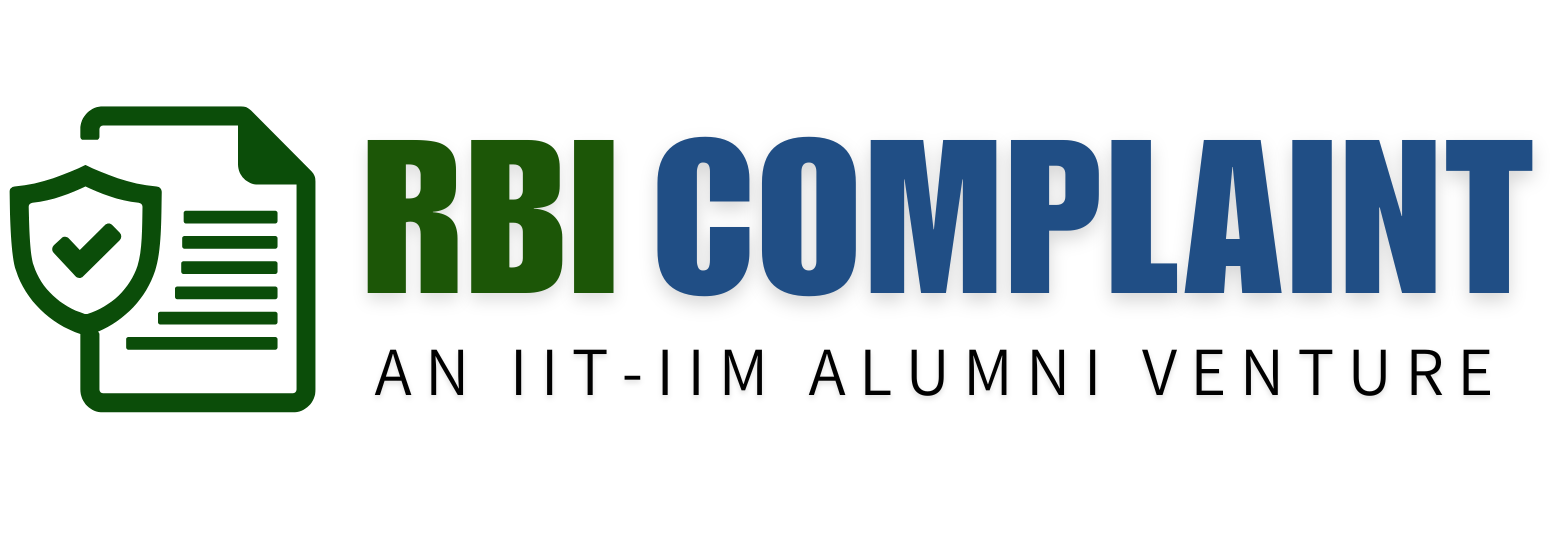· Bank Grievance · 3 min read
Can You File a Complaint Against Your Bank Manager? What You Need to Know
Facing issues with your bank manager? Learn how to file a complaint effectively, understand your rights, and the steps to resolve banking disputes quickly.

Banking disputes and grievances are more common than many customers realize, and sometimes these issues directly involve the conduct or decisions of bank managers. If you’ve experienced unprofessional behavior, policy violations, or service failures from your bank manager, you have several legal avenues to seek redress.
Understanding Your Rights as a Bank Customer
As a bank customer, you have fundamental rights protected under various banking regulations and consumer protection laws. These include the right to fair treatment, transparent service charges, timely resolution of complaints, and professional conduct from all bank staff, including managers. When a bank manager fails to uphold these standards, you’re entitled to file a formal complaint.
Common Grounds for Complaints Against Bank Managers
Several situations may warrant filing a complaint against your bank manager:
Professional Misconduct: This includes rude behavior, discrimination, breach of confidentiality, or refusing to provide entitled services without valid reasons.
Policy Violations: When managers enforce non-existent policies, misrepresent terms and conditions, or fail to follow established banking procedures.
Service Failures: Inadequate handling of your banking service complaint, delayed responses to legitimate requests, or failure to resolve issues within stipulated timeframes.
Financial Irregularities: Unauthorized charges, improper fee assessments, or mishandling of your account without proper authorization.
Steps to File Your Complaint
The complaint process typically follows a structured approach:
Internal Escalation: Start by documenting the incident and approaching the bank’s internal grievance mechanism. Most banks have dedicated customer service complaint departments to handle such matters.
Regulatory Complaints: If internal resolution fails, you can escalate to banking regulators. The Reserve Bank of India (RBI) provides a comprehensive framework for addressing customer grievances against banking institutions and their staff.
Legal Documentation: Maintain detailed records of all interactions, including dates, times, witnesses, and any written correspondence. This documentation becomes crucial if you need to pursue formal legal action.
When to Consider Legal Action
Legal action may be necessary when:
The bank fails to address your complaint satisfactorily through internal channels
You’ve suffered financial losses due to the manager’s actions or negligence
There’s evidence of fraudulent activity or serious policy violations
The incident involves discrimination or harassment
Regulatory Support and Resources
Banking regulators provide robust mechanisms for customer protection. Understanding how to file an RBI complaint can be invaluable when dealing with managerial misconduct. The regulatory framework ensures that banks maintain professional standards and address customer grievances promptly.
Building a Strong Case
To strengthen your complaint:
Gather Evidence: Collect all relevant documents, including account statements, email correspondence, and written policies that support your position.
Identify Witnesses: If others witnessed the incident, their testimony can significantly strengthen your case.
Document Damages: Calculate any financial losses or additional costs incurred due to the manager’s actions.
Follow Procedures: Ensure you follow all prescribed complaint procedures and deadlines to avoid procedural dismissals.
Prevention and Future Protection
While you can file complaints against bank managers, prevention remains the best strategy. Understand your rights as a customer, maintain proper documentation of all banking transactions, and don’t hesitate to escalate concerns early when they arise.
Conclusion
Filing a complaint against your bank manager is not only possible but often necessary to protect your rights and ensure proper banking standards. Whether through internal bank mechanisms, regulatory bodies, or legal channels, you have multiple options to seek redress for managerial misconduct. The key is to act promptly, document thoroughly, and follow established procedures to achieve the best possible outcome.
Remember that banking regulations exist to protect consumers, and regulatory bodies take complaints about banking staff seriously. Your complaint not only seeks resolution for your specific issue but also contributes to maintaining professional standards across the banking industry.



